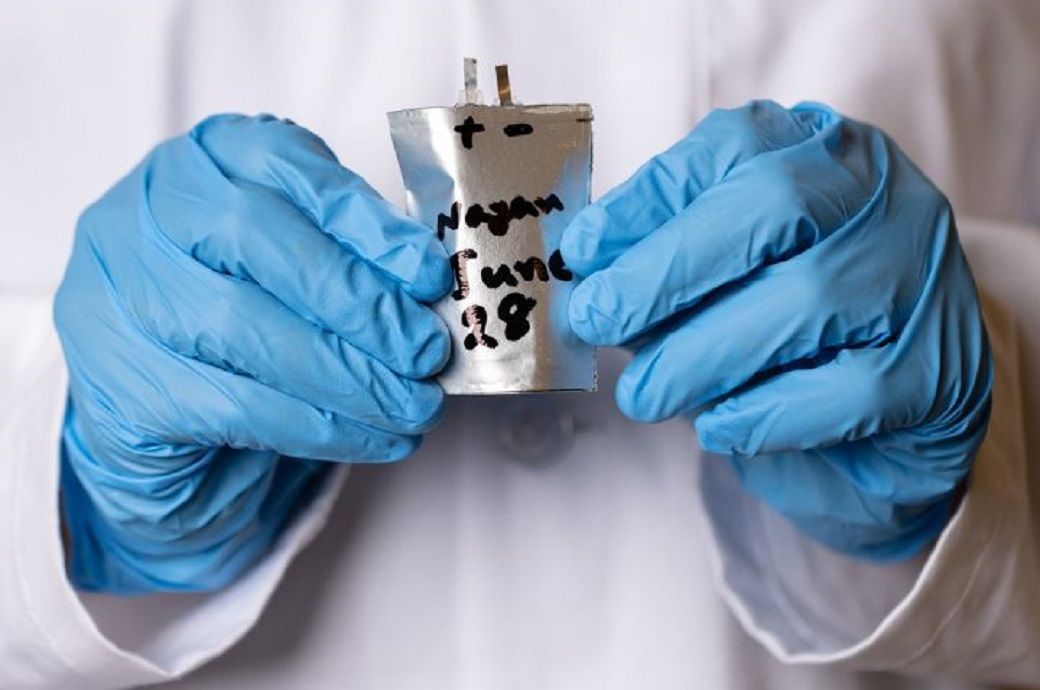
The innovative concept originated from Haleh Ardebili, Bill D Cook professor of mechanical engineering at UH, who envisioned a ‘science-fiction-esque future’ with smart, interactive, and powered clothing, according to an article titled ‘Researchers Develop Breakthrough Prototype of Stretchable Fabric-Based Lithium-Ion Battery’ by Rashda Khan published on UH’s website.
“It seemed a natural next step to create and integrate stretchable batteries with stretchable devices and clothing. Imagine folding or bending or stretching your laptop or phone in your pocket. Or using interactive sensors embedded in our clothes that monitor our health,” explained Khan.
The stretchable and flexible properties of the new batteries are designed to overcome the limitations of conventional batteries, which are rigid and use flammable liquid electrolytes that could lead to potential fire or explosion.
The researchers’ success stems from the use of conductive silver fabric, offering a platform and current collector that can deform or stretch while maintaining its electrical conduction pathways.
“The weaved silver fabric was ideal for this since it mechanically deforms or stretches and still provides electrical conduction pathways necessary for the battery electrode to function well,” said Ardebili.
Ardebili is optimistic that the prototype will lead to various applications such as smart spacesuits, health-monitoring consumer electronics, and interactive human devices.
Though the team has achieved a significant milestone, there’s more work to be done before the stretchable batteries become commercially available. “Commercial viability depends on many factors such as scaling up the manufacturability of the product, cost, and other factors. We are working toward those considerations and goals as we optimise and enhance our stretchable battery,” Ardebili concluded.
Fibre2Fashion News Desk (NB)

